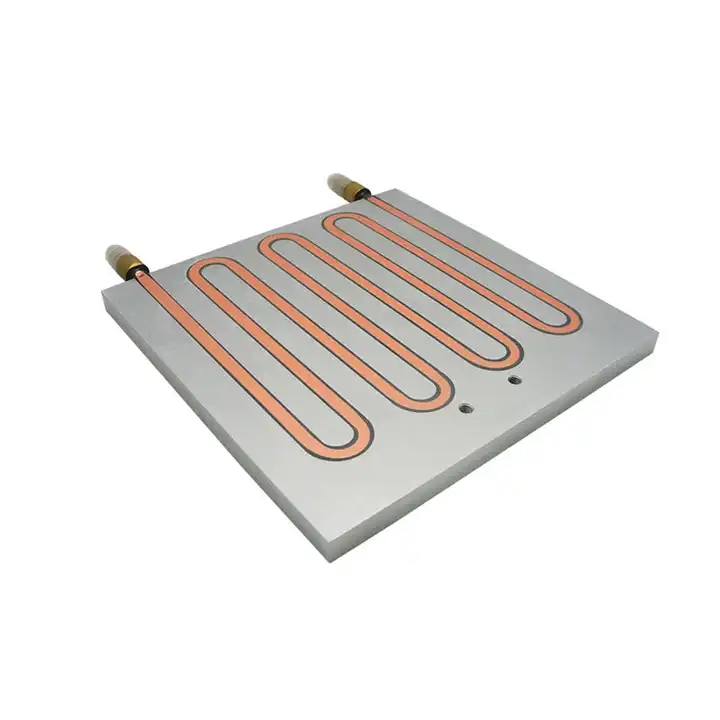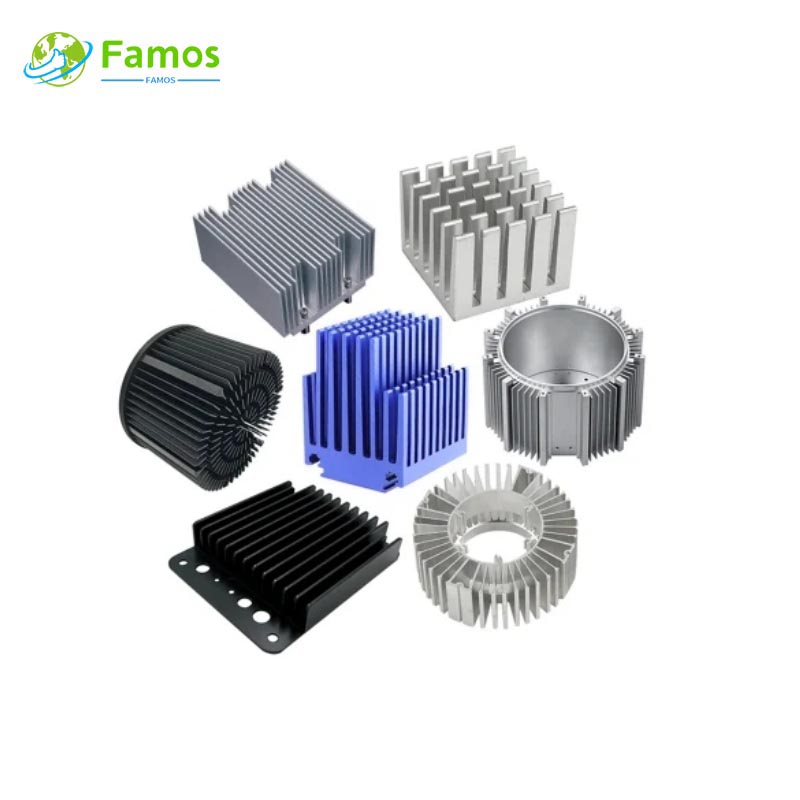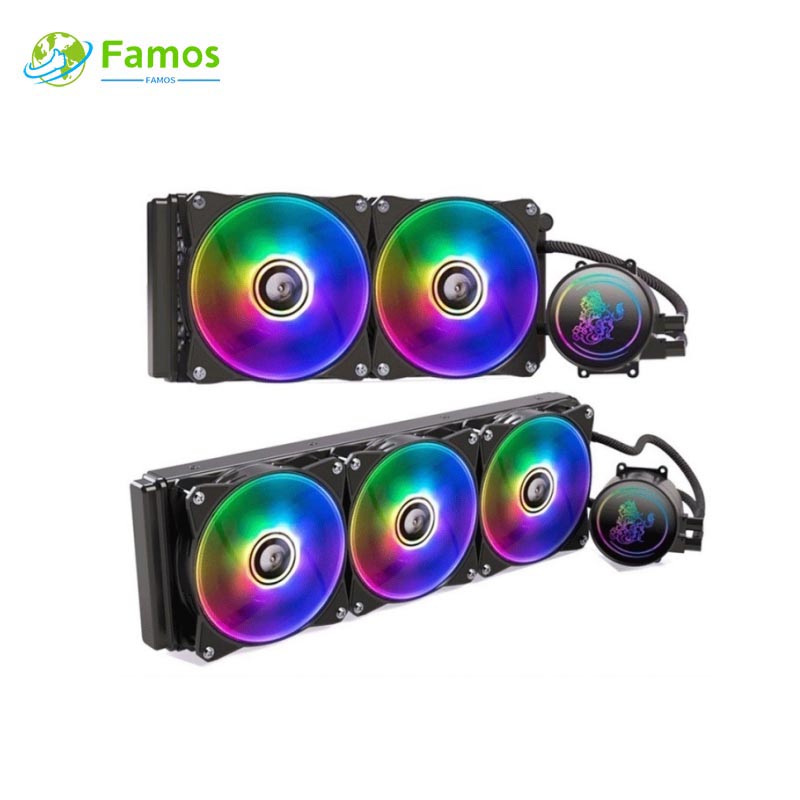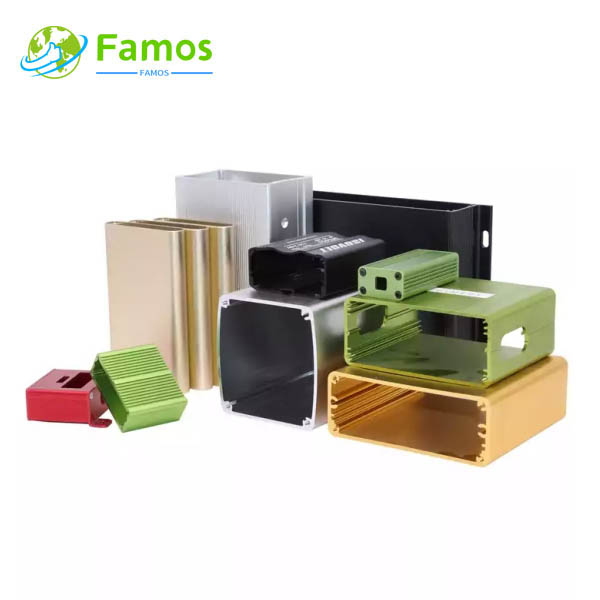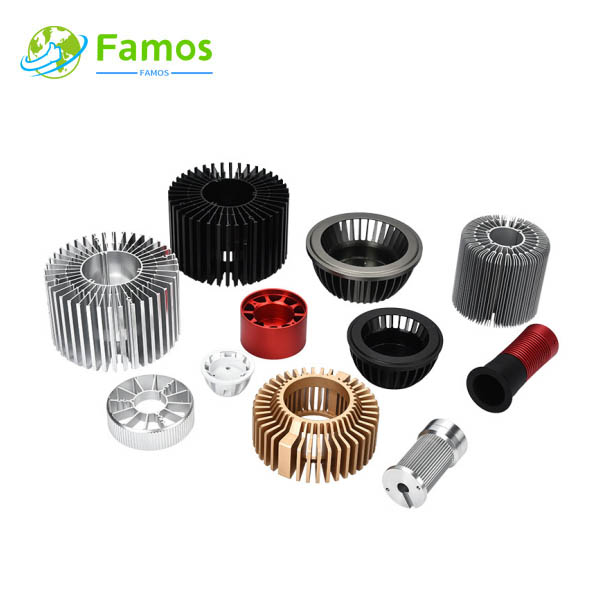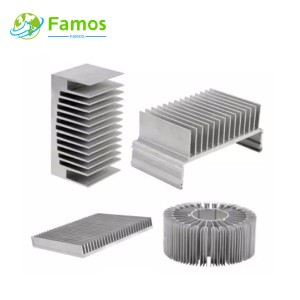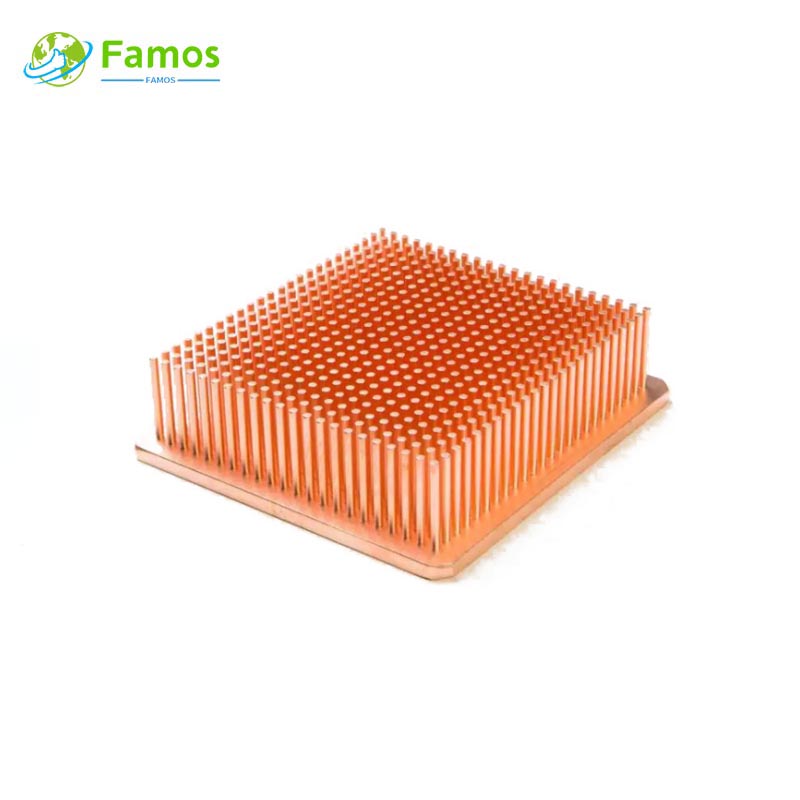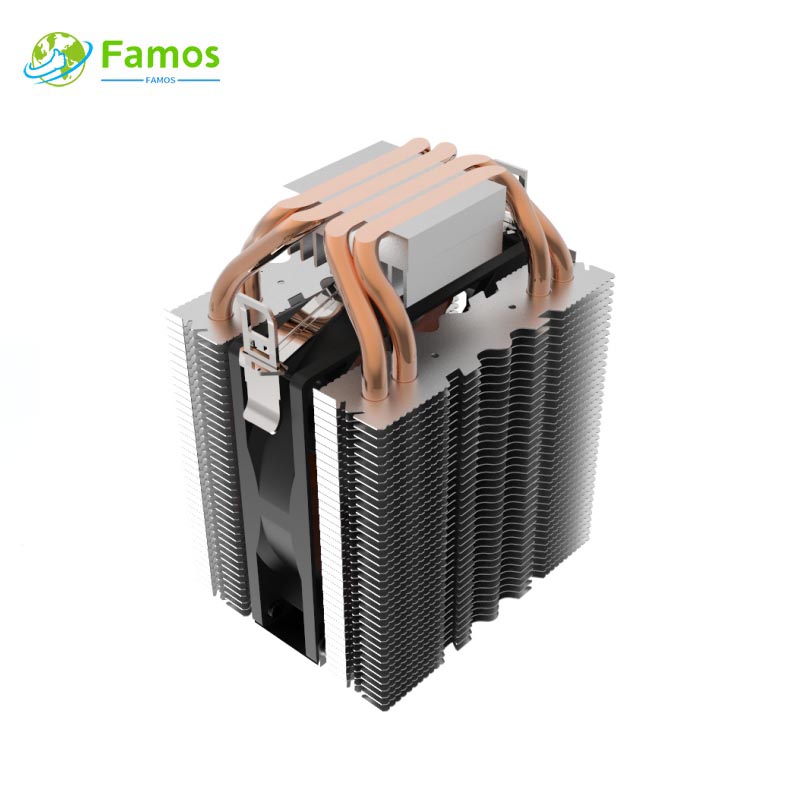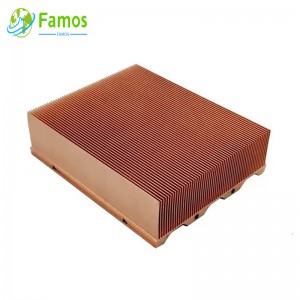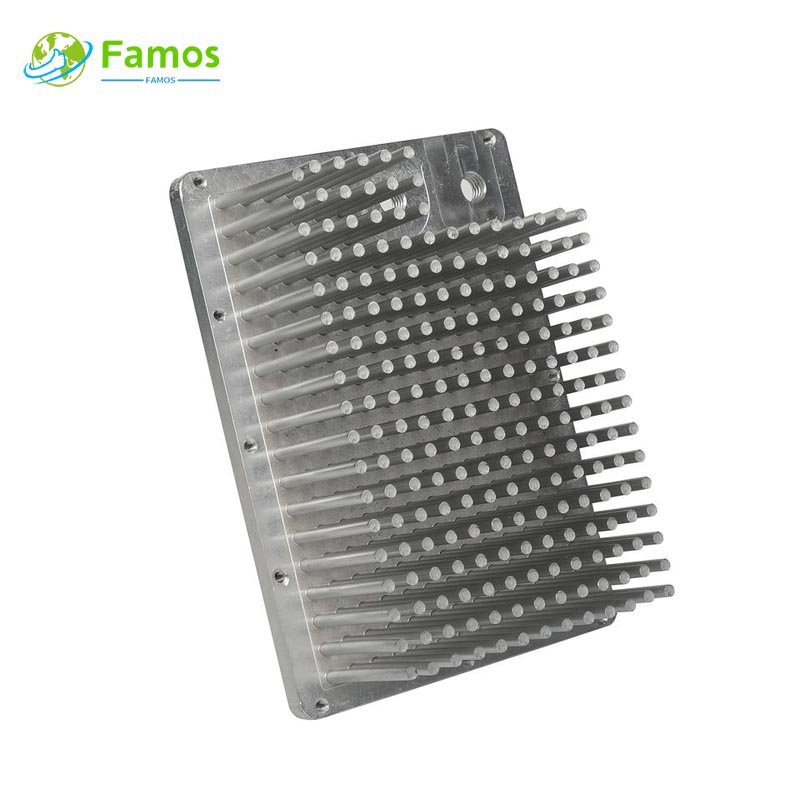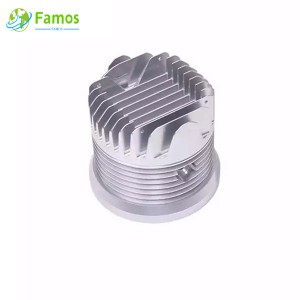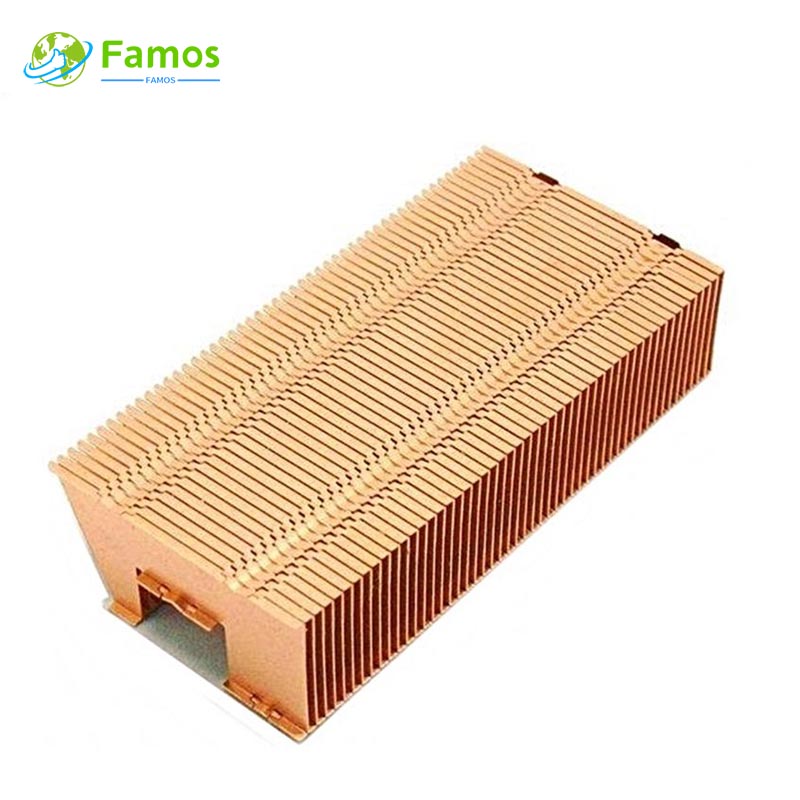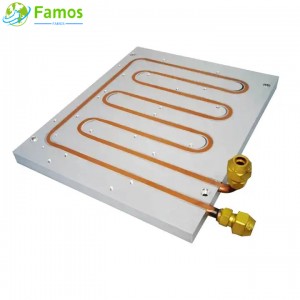Liquid cold plates are a type of heat exchanger that use water or other liquid to transfer heat generated by electronic devices to the surrounding environment. Compared to traditional air cooling systems, liquid cold plates offer a multitude of advantages as below
1. Excellent thermal performance
The primary advantage of liquid cold plate heat sinks is their superior cooling performance. The high thermal conductivity of water allows for efficient heat transfer from the hot electronics to the water, which is then carried away from the device. Liquid cooling provides an effective way to dissipate high levels of heat, which makes it ideal for overclocking and high-performance applications. By using water to cool the components, liquid cooling systems can reach lower process temperatures and prevent thermal throttling, which can significantly improve the performance and lifespan of the device.
2. High heat dissipation efficiency
In terms of efficiency, liquid cooling systems are superior to traditional air cooling systems. When compared to air cooling, liquid cooling systems can achieve a much more efficient cooling rate, allowing for lower cooling costs and increased sustainability. The circulation of water in the system is a closed loop, meaning that the water is not lost or consumed during operation. It is reused continuously, which makes it more environmentally friendly and reduces the overall cost of ownership.
3. Ecology
Liquid cooling systems are much more ecological than traditional air cooling systems. Liquid cooling systems are able to operate at much lower sound levels than air cooling systems, Because air radiators require fans to dissipate heat, while water-cooled plate radiators do not require fans. During water circulation, the noise of the water pump is smaller than that of the fan.making them ideal for use in quiet environments like offices and bedrooms. Additionally, water is used as the heat transfer medium, which is a renewable resource and leaves no carbon footprint. Liquid cooling systems are also more energy-efficient than air cooling systems, which often require power-hungry fans to operate.
4.Durability
Liquid cooling systems are also more durable than air cooling systems. Since airflow is not required to transfer heat from the device to the cooling system, liquid cooling systems are not affected by dirt, dust, or other airborne pollutants. Additionally, liquid cooling systems can operate at lower noise levels since they don't require active cooling fans. This helps reduce wear and tear on the system and improves the overall lifespan of the device.
5. Stable heat dissipation
Water cooled plate radiators do not generate "hot spots" like air radiators, so the cooling effect will not be affected as a result. This means that the water-cooled plate radiator can ensure smooth heat dissipation when cooling electronic products, without sudden heat accumulation.
In short, compared to traditional air radiators, water-cooled plate radiators have excellent performance and can better meet the heat dissipation needs of electronic products.With their superior performance and durability, liquid cooling systems are an excellent choice for individuals and corporations that require reliable high-performance computing solutions.
If You Are in Business, You May Like
Types of Heat Sink
In order to meet different heat dissipation requirements, our factory can produce different type heat sinks with many different process, such as below:
Post time: May-25-2023

